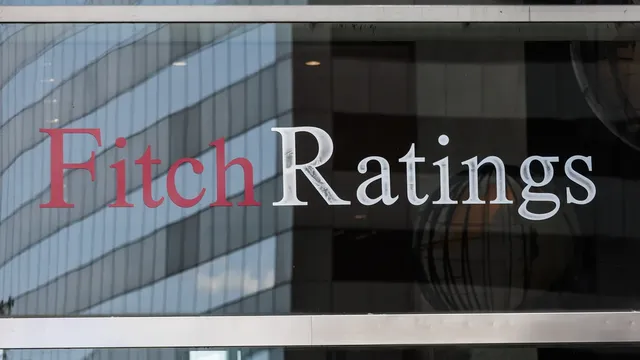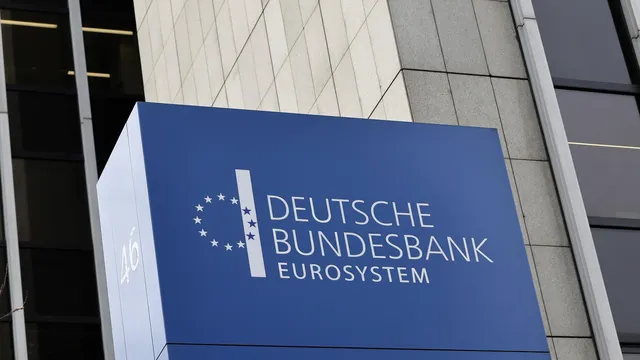The international rating agency Fitch Ratings has affirmed Bulgaria's long-term foreign and local currency credit rating of 'BBB' with a positive outlook, the press center of the Ministry of Finance announced.
Bulgaria's rating is supported by the country's strong external and fiscal position compared to peers, the reliable policy framework resulting from EU membership and the long-standing operation of the currency board regime. Fitch Ratings also notes that low labor productivity and unfavorable demographics have a dampening effect on potential growth and the stability of public finances in the long term.
The positive outlook reflects the country's prospects for eurozone membership, which would lead to further improvements in the country's external position indicators. Fitch Ratings believes that there is broad political commitment at the national and European levels to adopt the euro.
Bulgaria meets all nominal convergence criteria for euro adoption, except price stability. Inflation in Bulgaria continued to decline, narrowing the gap between the country's average annual inflation and that of the three best-performing EU Member States.
HICP inflation was 1.5% in September 2024 and core inflation was 2.3%, implying a broad easing in price pressures. Fitch expects average annual inflation to be 3% in 2024, 3.5% in 2025 and 3.1% in 2026.
Fitch expects GDP growth of 2.0% in 2024, up from 1.8% in 2023, supported by robust private consumption and sustained investment activity, despite heightened political uncertainty and delays in the implementation of the PPA. The rating agency expects GDP growth to reach 2.5% in 2025 and 2.7% in 2026.
Fitch forecasts that the general government deficit will increase to 2.8% of GDP in 2024 from 1.9% in 2023, reflecting higher compensation and social spending.
Factors that could lead to positive rating actions are: Further progress towards joining the euro area, such as confirmation that Bulgaria has fulfilled the membership criteria and greater certainty about the likely timing of euro adoption; improving growth potential through the implementation of structural and governance reforms to improve the business environment and/or effective use of EU funds.
Factors that could lead to negative rating actions are: non-joining the eurozone due to failure to meet the convergence criteria, weaker economic growth prospects. IBGNES

 Breaking news
Breaking news
 Europe
Europe
 Bulgaria
Bulgaria







